Power stations are a great tool for keeping your devices charged while you're on the go. However, not all power stations are created equal. The quality and performance of your portable power station are highly dependent on the type of battery it uses to charge your phone, laptop, or accessories. Here is everything you need to know about power station battery types and how to choose the one that is right for you.
Lithium-Ion vs Lead-Acid Battery
Both battery types have benefits and pitfalls that you should keep in mind when choosing the right battery for your needs. When it comes to portable power stations, speed, reliability, portability, and efficiency are all important factors to consider. Take a look at the comparison and battery performance analysis below to see which battery is best for portable charging needs.
Lithium-ion Batteries

Often Used In: Cell Phones, Laptops, Electric Vehicles, and Power Tools.
Lithium-ion batteries use an anode and cathode to move lithium and lithium ions which creates a positive charge. Lithium-ion batteries use an electrolyte in place of an acid to help move the lithium-ions from the anode to the cathode through a separator. The first lithium-ion batteries were not available until the late eighties.
Pros
·Lightweight - Lithium-ion batteries weigh much less than other types of batteries with most of the weight coming from the battery’s casing.
·Longer Lifespan – Lithium-Ion batteries often last longer because they are more resistant to overcharge and leakages that can shorten the life of the battery.
·Charges Faster - Large lithium batteries can charge fully in around an hour depending on the output of your charger.
Cons
·Higher Cost–While lithium batteries are becoming more affordable each year, they are still the more expensive battery type.
·Sensitive to Temperature – The efficiency and lifespan of a lithium-ion battery can be greatly affected by extreme temperatures.
Lead-Acid Batteries
Often Used In: Cars, trucks, boats, backup power systems, and large power storage from renewable energy.
Lead acid batteries use lead plates and an acid component to hold a charge. These include traditional lead acid batteries, flooded batteries, absorbed gel mat batteries, and gel cell batteries. Lead-acid batteries are more traditional in electronics and have been available as early as 1900.
Pros
·More Affordable– Lead-acid batteries are often more affordable than lithium-ion alternatives. This is because the technology needed to create a lead-acid battery has been around for over a century and has become cheaper to produce.
·Dependable– The technology has been perfected over a century making these batteries extremely dependable even in extreme temperatures.
·High Burst Power Output – Lead-acid batteries are better equipped to deliver quick bursts of power.
·Reduce, Reuse, Recycle – 90% of the components in a lead-acid battery can be recycled.
Cons
·Shorter Lifespan – Lead-acid batteries have a much shorter lifespan than lithium-ion batteries and therefore will require much more maintenance and may even need to be replaced.
·Inconvenient Size – These batteries have a much lower power density than lithium-ion batteries meaning they need much more mass and volume to output the same amount of power. Because of this, lead-acid batteries are usually much larger and much heavier than lithium-ion batteries.
·Health and Safety Concerns – The lead and acid that are used in these batteries pose a variety of threats to both the environment and human health. Because of the toxicity of lead and the corrosive properties of acid, if these batteries are damaged, leak, or corrode, they can cause serious harm.
Energy Storage Comparison
A battery is only as valuable as the amount of energy it can store and have available for you to use when you need it most. When you compare lithium-ion batteries to their lead-acid counterparts, it becomes clear just how much more efficient lithium-ion batteries can be. When comparing the two types of batteries of the same size, the lithium-ion battery can store anywhere between 3 to 10 times more kilowatt-hours than a lead-acid battery.
It is also important to look at how long each battery can store energy without losing a charge over time. Again, a lithium-ion battery outshines the lead-acid battery in this category. Lithium-ion batteries can retain anywhere from a 95% to a 99% charge over long periods of time while lead acid batteries are known to lose anywhere from 20 to 25% of their charge if stored for too long.
Best Battery for Generators and Portable Power Stations
Portable power stations and generators are often used on the go where charging speed, size, and efficiency are important. When deciding the best battery for a portable power station it is important to choose the option that allows for the most power while on the go. This is why lithium-ion batteries are the far superior choice for portable power stations.
Lead acid batteries are simply too big and heavy to travel with. Lithium-ion batteries allow you to take more power in a smaller package. Lithium-ion batteries also charge faster and hold the charge longer which means that you will never be left without access to the power you need while traveling or on the go.
Get the Most Out of Your Portable Power Station with Pisen
While lead-acid batteries have their benefits, there's no denying that lithium-ion batteries are the best batteries for generators and portable power stations when speed and efficiency are paramount. The PISEN 2000w Portable Super-Fast Charging Power Station and the PISEN 1000W Portable Super-Fast Charging Outdoor Power Station feature LiFePO4 Lithium-Ion batteries that are ideal for meeting all of your on-the-go charging needs.
Whether you need the more mobile 1000W model or the powerful 2000W model, you can be sure that your PISEN portable power station features a reliable lithium-ion battery that can store more energy in less space when compared to its lead-acid counterpart. If you want a fast charging and lightweight power station that is perfect for all of your portable power needs, a lithium-ion battery from PISEN is ideal for you.

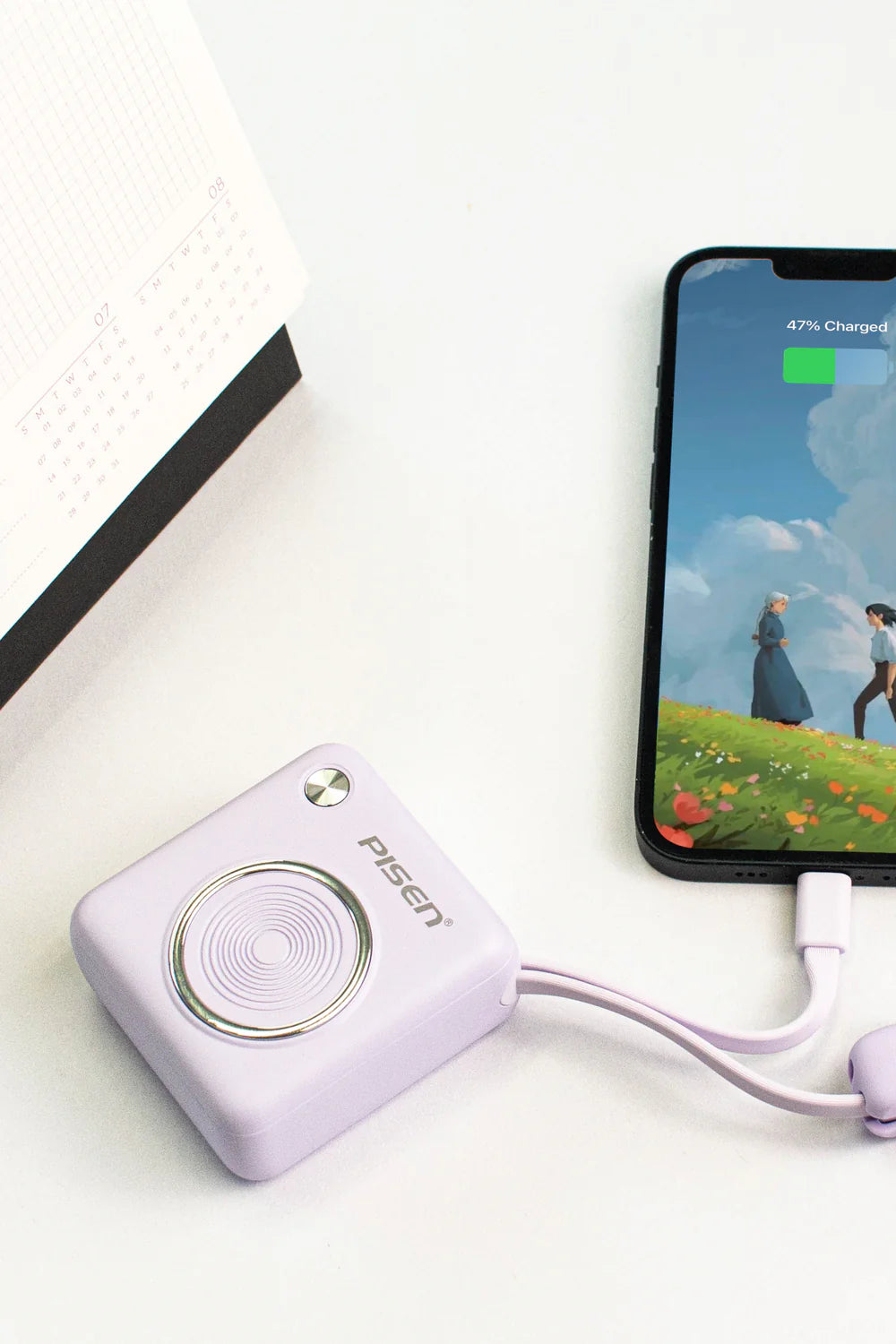
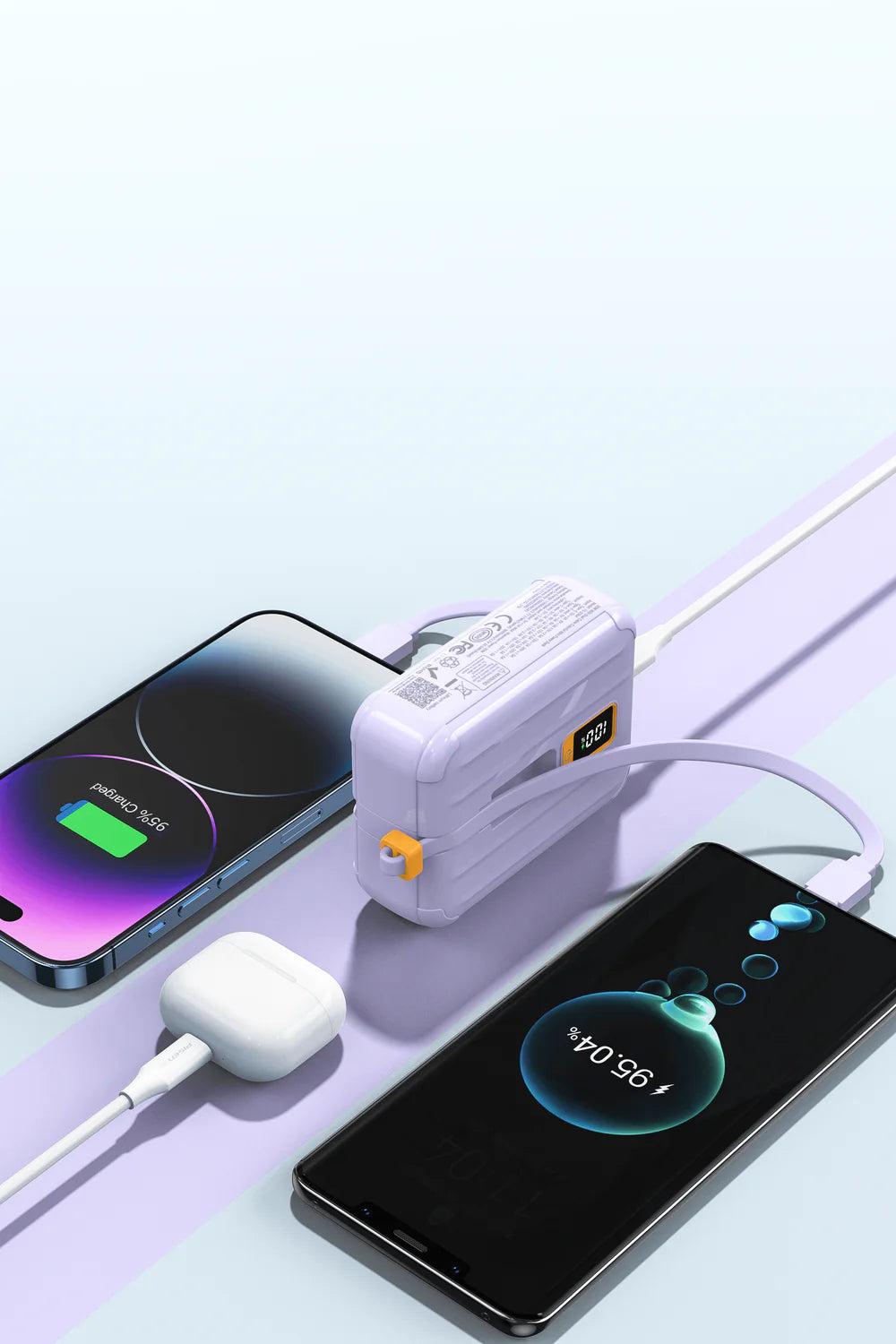
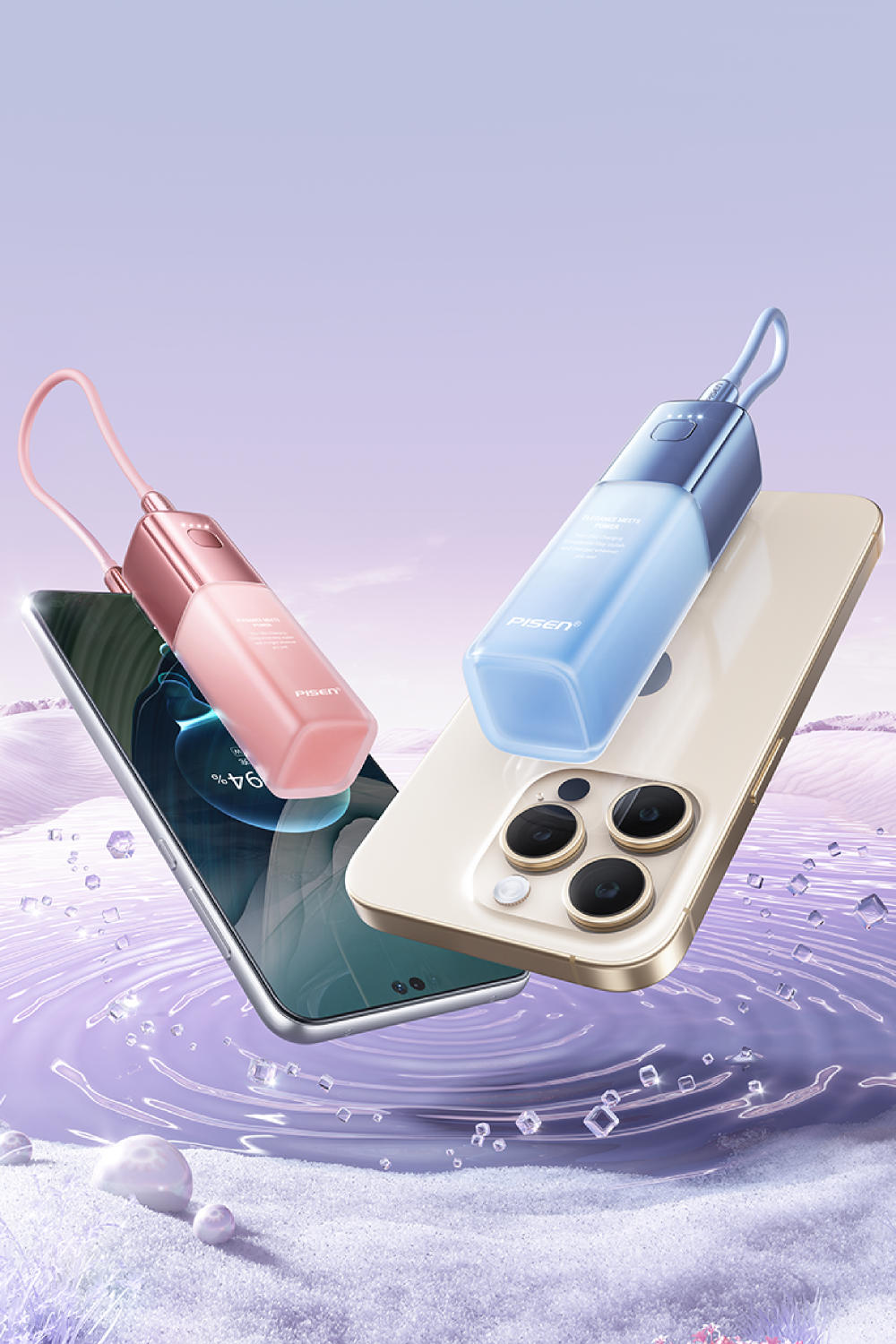


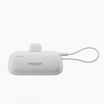
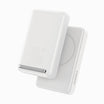
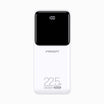
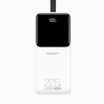
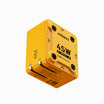
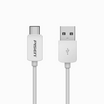

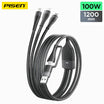
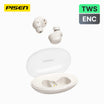

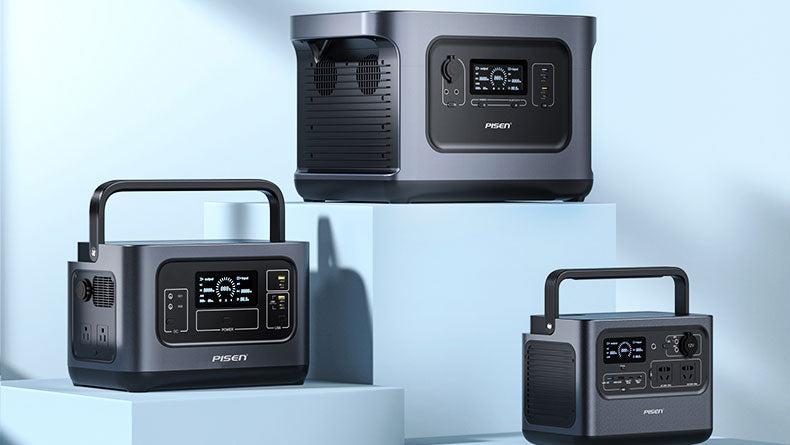


Leave a comment
This site is protected by hCaptcha and the hCaptcha Privacy Policy and Terms of Service apply.